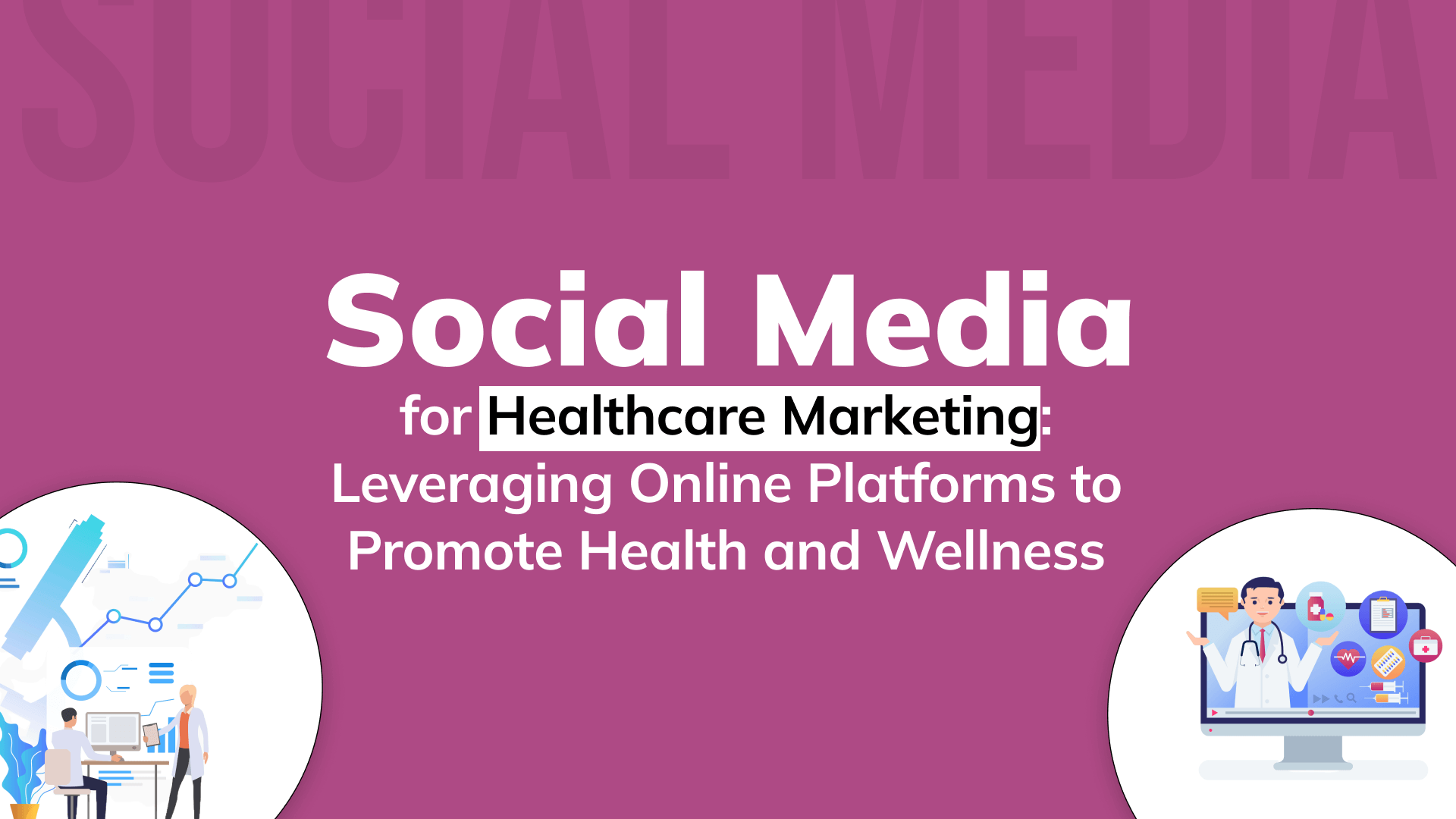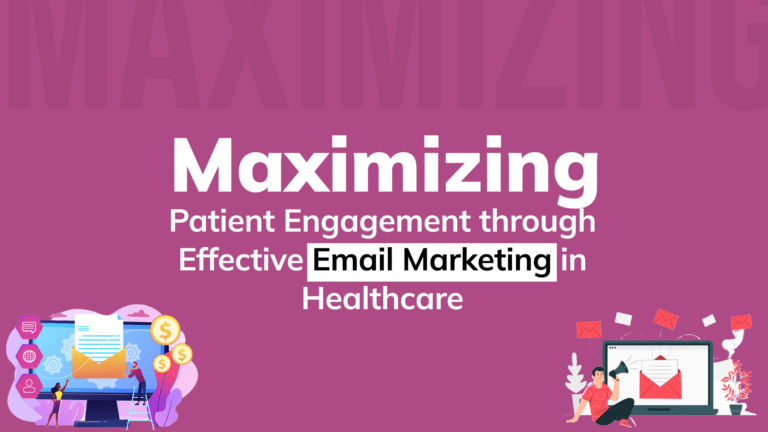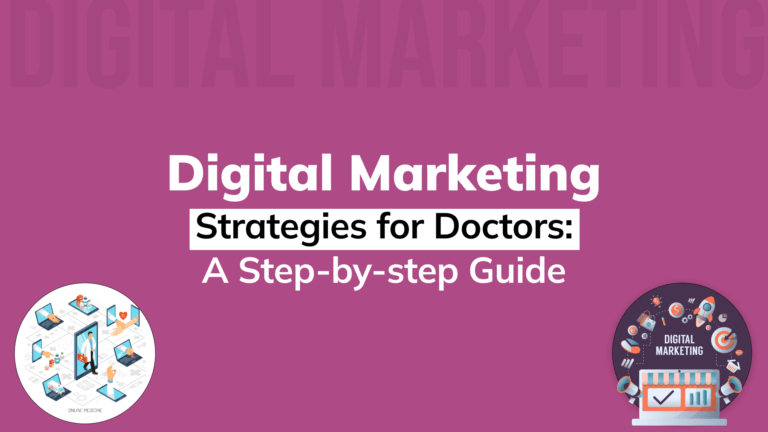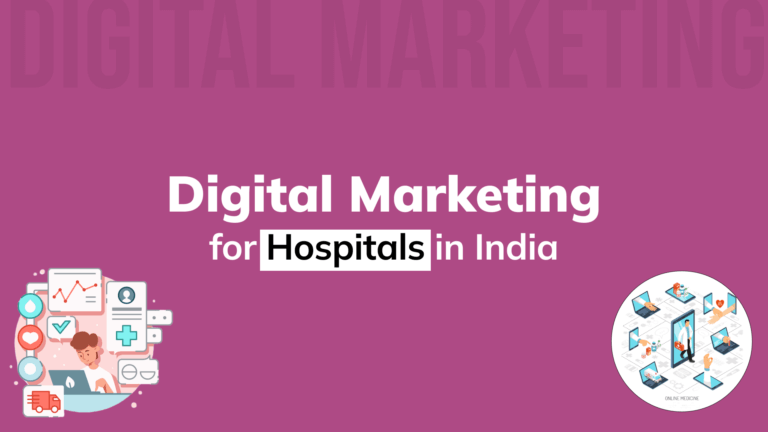
Social media has become an essential tool for healthcare providers to connect with their audience, promote their services, and build a strong online presence. Healthcare providers can utilize various social media platforms, such as Facebook, Twitter, Instagram, and LinkedIn to create engaging content, interact with patients, and educate them about health and wellness.
Creating Engaging Content
The healthcare industry can use social media to create engaging content that informs and educates patients about health and wellness topics. Healthcare providers can share useful tips on how to prevent diseases, manage chronic conditions, and improve overall health. For example, a healthcare provider can share a post on how to manage stress through breathing exercises and meditation.
In addition to sharing useful tips, healthcare providers can also use social media to share their expertise and promote their services. For example, a dental clinic can share a post on the benefits of teeth whitening and provide a link to schedule an appointment for the procedure.
Using Visuals to Grab Attention
Visuals are a powerful tool to grab attention and communicate a message effectively. The healthcare industry can use visuals to create compelling content that resonates with patients. For example, a hospital can share a video on the importance of breast cancer screening and the benefits of early detection.
Infographics are another effective way to communicate complex healthcare information in an easy-to-understand format. For instance, a healthcare provider can create an infographic that shows the different stages of pregnancy and the recommended care for each stage.
Keeping it Short and Simple
Social media users have short attention spans, so healthcare providers need to keep their content short and to the point. Healthcare providers can create short posts that deliver useful information in a concise format. For example, a pediatrician can share a post on the recommended immunization schedule for babies in their first year.
Being Informative
Social media is an excellent platform for healthcare providers to share valuable information with patients. Healthcare providers can create posts that provide information on various health topics, including diseases, conditions, and treatments. For example, a healthcare provider can share a post on the symptoms of asthma and the best ways to manage it.
Showing Personality
Social media is a great way for healthcare providers to show the human side of their practice. Healthcare providers can share behind-the-scenes photos, introduce their team, and share stories that showcase their commitment to patient care. For instance, a healthcare provider can share a post that highlights a team member who has gone above and beyond to help a patient.
Building a Strong Online Presence
Building a strong online presence is essential for healthcare providers to connect with patients and promote their services. Here are some tips to help healthcare providers build a strong online presence on social media:
Choose the Right Platforms
Healthcare providers need to choose the social media platforms that are most relevant to their audience. For example, Instagram may be more effective for promoting cosmetic surgery services, while LinkedIn may be more effective for promoting professional services such as mental health counseling.
Optimize Profiles
Healthcare providers need to optimize their social media profiles with their logo, brand colors, and a clear description of their services. This helps patients recognize the practice and its services.
Use Hashtags
Hashtags are a great way to increase reach and make content discoverable. Healthcare providers can use relevant hashtags in their posts to reach a wider audience. For example, a mental health clinic can use hashtags such as #mentalhealthawareness, #anxiety, or #depression.
Engage with the Audience
Engaging with the audience is essential for healthcare providers to build a relationship with patients. Healthcare providers can respond to comments, ask questions, and run polls or contests to increase engagement. For example, a fertility clinic can run a poll on social media to ask patients what factors they consider when choosing a fertility clinic.
Post Consistently
Consistency is key to building a strong online presence on social media. Healthcare providers should aim to post consistently on their social media platforms. A regular posting schedule can help keep patients engaged and interested in the practice’s services. However, it’s important to avoid over-posting, which can lead to patients feeling overwhelmed and unfollowing the practice.
Measuring Results
Measuring the results of social media efforts is essential for healthcare providers to determine the effectiveness of their social media marketing strategy. Healthcare providers can use social media analytics tools to track metrics such as engagement, reach, and impressions. By measuring these metrics, healthcare providers can determine which posts are resonating with their audience and adjust their social media strategy accordingly.
Examples in Context with Healthcare Services
Let’s take a look at some real-life examples of how healthcare providers can use social media to promote their services and connect with patients.
1. Cedars-Sinai Medical Center
Cedars-Sinai Medical Center in Los Angeles uses its Instagram account to showcase its state-of-the-art facilities, highlight its innovative research, and share inspiring stories of patients who have received life-changing care at the hospital. The hospital’s Instagram account is a great example of how healthcare providers can use social media to build brand awareness and connect with patients emotionally.
2. Cleveland Clinic
Cleveland Clinic is a non-profit academic medical center that uses social media to educate patients on various health topics, including disease prevention, wellness, and medical breakthroughs. The clinic’s Facebook page features regular posts that share tips on how to stay healthy, stories of patients who have overcome serious medical conditions, and videos that explain complex medical procedures.
3. Mayo Clinic
Mayo Clinic is a healthcare provider that uses social media to engage with patients and provide valuable health information. The clinic’s Twitter account regularly posts updates on the latest medical research, answers patients’ health-related questions, and shares inspiring stories of patients who have received life-changing care at the clinic. The clinic’s Twitter account is a great example of how healthcare providers can use social media to build trust with patients and become a reliable source of health information.
Conclusion:
In conclusion, social media presents a valuable opportunity for healthcare providers to connect with patients, promote their services, and establish a strong online presence. By implementing effective social media strategies, healthcare providers can engage with patients, provide them with valuable health information, and build trust in their brand. Working with a digital marketing agency like i-engage can provide healthcare organisations, hospitals, clinics, specialty surgeons and super specialty hospitals with the expertise and guidance needed to navigate the ever-evolving landscape of social media marketing. With their 7+ years of experience serving healthcare clients, i-engage is well-positioned to provide the best digital marketing services and solutions to help healthcare providers achieve their social media marketing goals.




